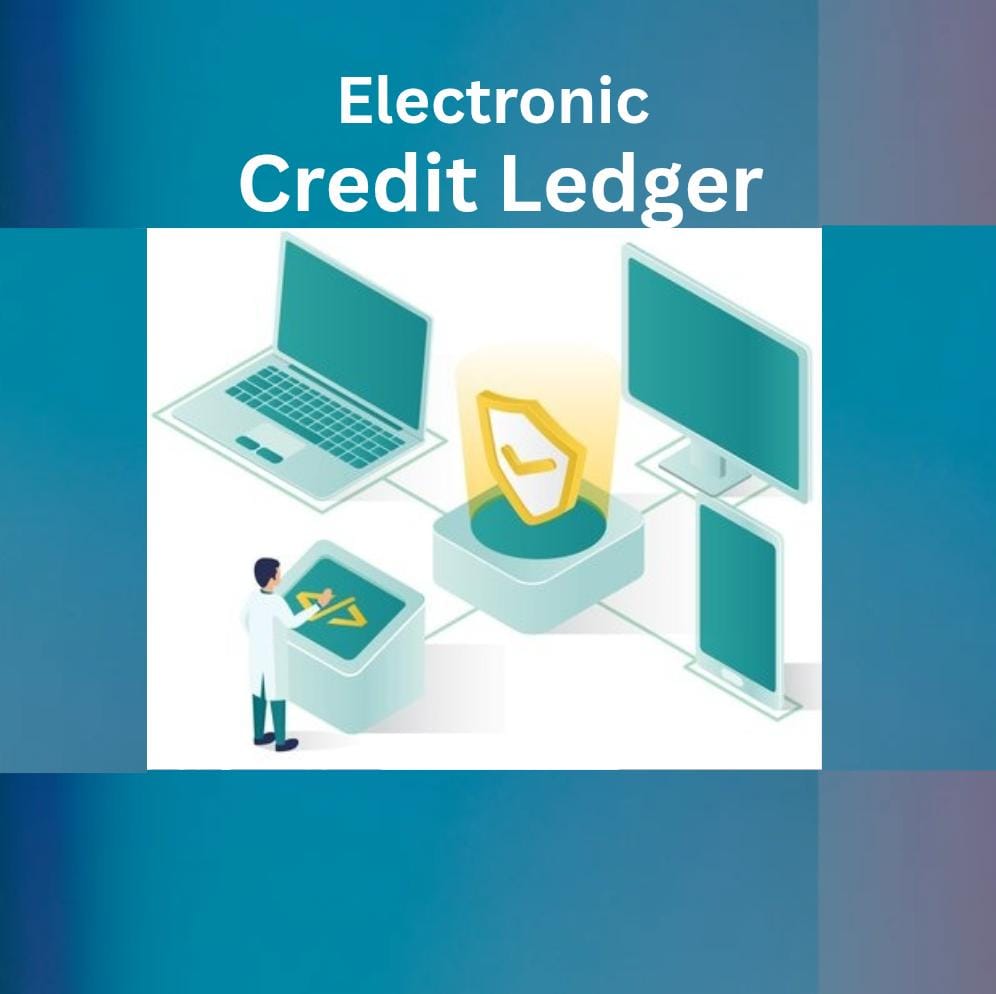
Karnataka High Court: Pre-Decisional Hearing Must Precede ECrL Blocking Under Rule 86A
Published by Aaerm Law Associates | Date: May 26, 2025
In a landmark judgment, the Hon’ble Karnataka High Court ruled that tax authorities must grant a pre-decisional hearing before blocking a taxpayer’s Electronic Credit Ledger (ECrL) under Rule 86A of the CGST Rules. This decision reinforces the principles of natural justice, fairness, and due process in GST-related proceedings.
📌 Case Spotlight: Safan Fasteners v. Assistant Commissioner
In W.P. No. 9359/2025, Safan Fasteners challenged an order issued on January 13, 2025, which blocked their ECrL under Rule 86A. The company argued that:
- They were not given a pre-decisional hearing.
- The order failed to provide independent and cogent reasons.
- Authorities relied solely on enforcement reports, without conducting their own inquiry.
Notably, the court referenced its earlier decision in K-9 Enterprises v. State of Karnataka (W.A. No. 100425/2023), which laid down guidelines on similar issues.
⚖️ Key Judicial Findings
The court made several important observations that reshape how Rule 86A should be interpreted:
- Rule 86A lacks an explicit hearing clause, but principles of natural justice can still apply.
- A post-decisional hearing is not enough—especially when the order can cause serious civil consequences.
- Relying on reports from other officers, without independent evaluation, amounts to “borrowed satisfaction,” which is not legally permissible.
The Court further clarified that if a business was operational in 2017 or 2018 but closed in later years, its closure cannot justify ECrL blockage for past genuine transactions.
🧑⚖️ Legal Precedents Cited
To support its reasoning, the Karnataka High Court cited the following landmark decisions:
- K-9 Enterprises: Reinforced that pre-decisional hearings are implied under natural justice even if not expressly mentioned in Rule 86A.
- Sahara India (Firm) v. CIT: The Supreme Court held that before a special audit, the assessee must be heard, as the audit could have serious financial consequences.
Thus, the impugned order was quashed, and the blocked ECrL must now be unblocked immediately.
📝 Implications for Taxpayers and Authorities
This judgment has wide-reaching implications in India’s evolving GST compliance framework.
✅ For Taxpayers:
- You now have a legal right to be heard before your ECrL is frozen.
- You can challenge orders based solely on enforcement reports or without independent inquiry.
✅ For Tax Authorities:
- Officers must conduct independent investigations before issuing blocking orders.
- All decisions must include clear, factual justifications, not general assumptions.
🛡️ Compliance Recommendations
To avoid legal challenges and ensure procedural fairness:
📌 Taxpayers Should:
- Keep detailed records of all input tax credit (ITC) claims and supplier transactions.
- Immediately respond to any notices or communication from GST officials.
📌 Tax Authorities Should:
- Always provide a pre-decisional hearing to affected taxpayers.
- Avoid issuing orders based on third-party reports without independent scrutiny.
- Follow CBIC’s Guidelines under Circular No. 20/16/05/2021, which highlight procedures under Rule 86A.
🧾 Similar Case: Travacore Minerals v. State of Karnataka
The Karnataka High Court made a similar ruling in Travacore Minerals v. State of Karnataka [W.P. No. 26693 of 2024], where it quashed the ECrL blocking order due to the absence of a pre-decisional hearing and independent reasoning.
🔚 Final Thoughts
This ruling by the Karnataka High Court is a major win for taxpayers. It reinforces that GST enforcement must not bypass due process. The court clearly held that taxpayer rights cannot be sacrificed in the name of expediency.
By mandating a pre-decisional hearing, the judiciary has strengthened the legal framework for fair taxation and transparent governance.
